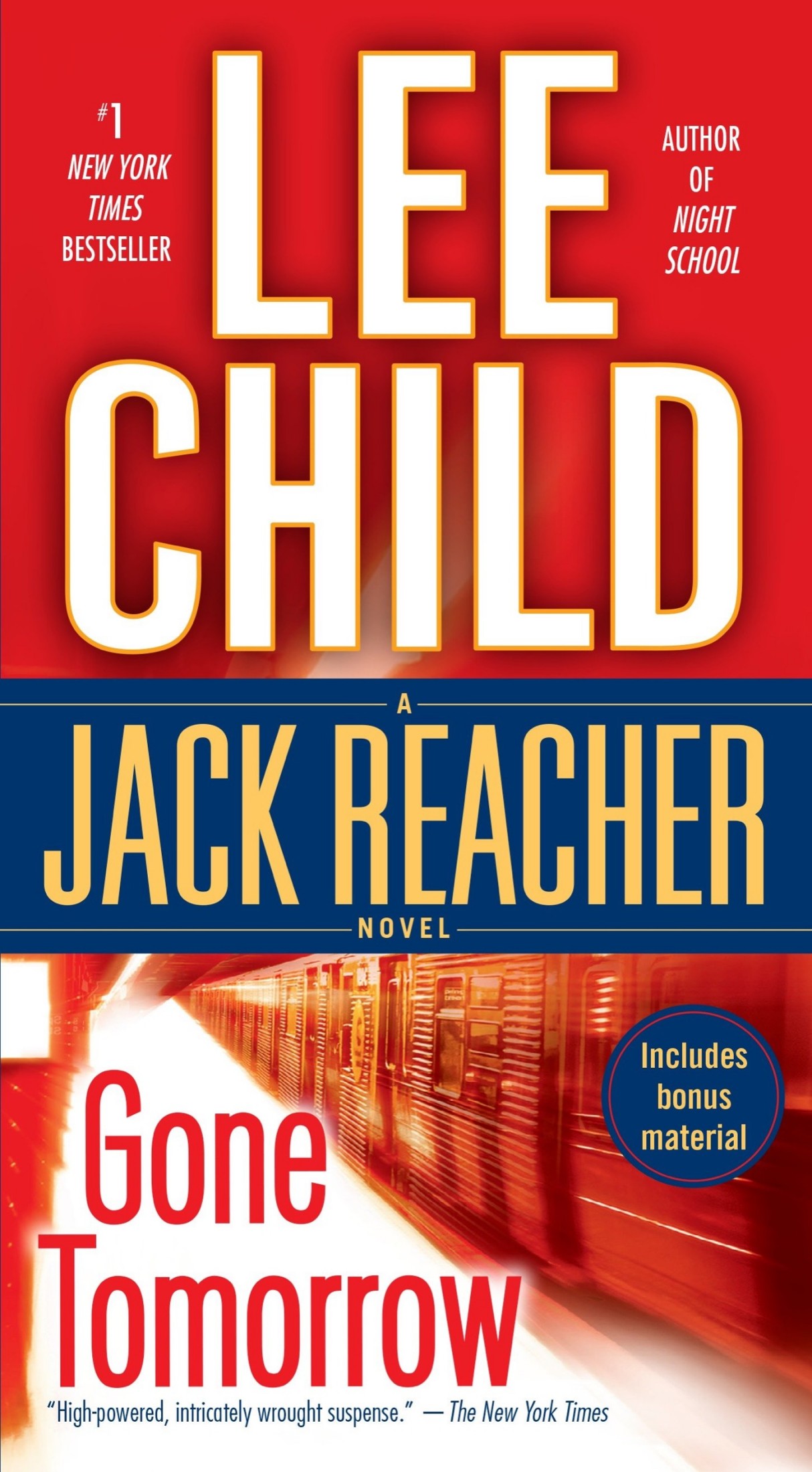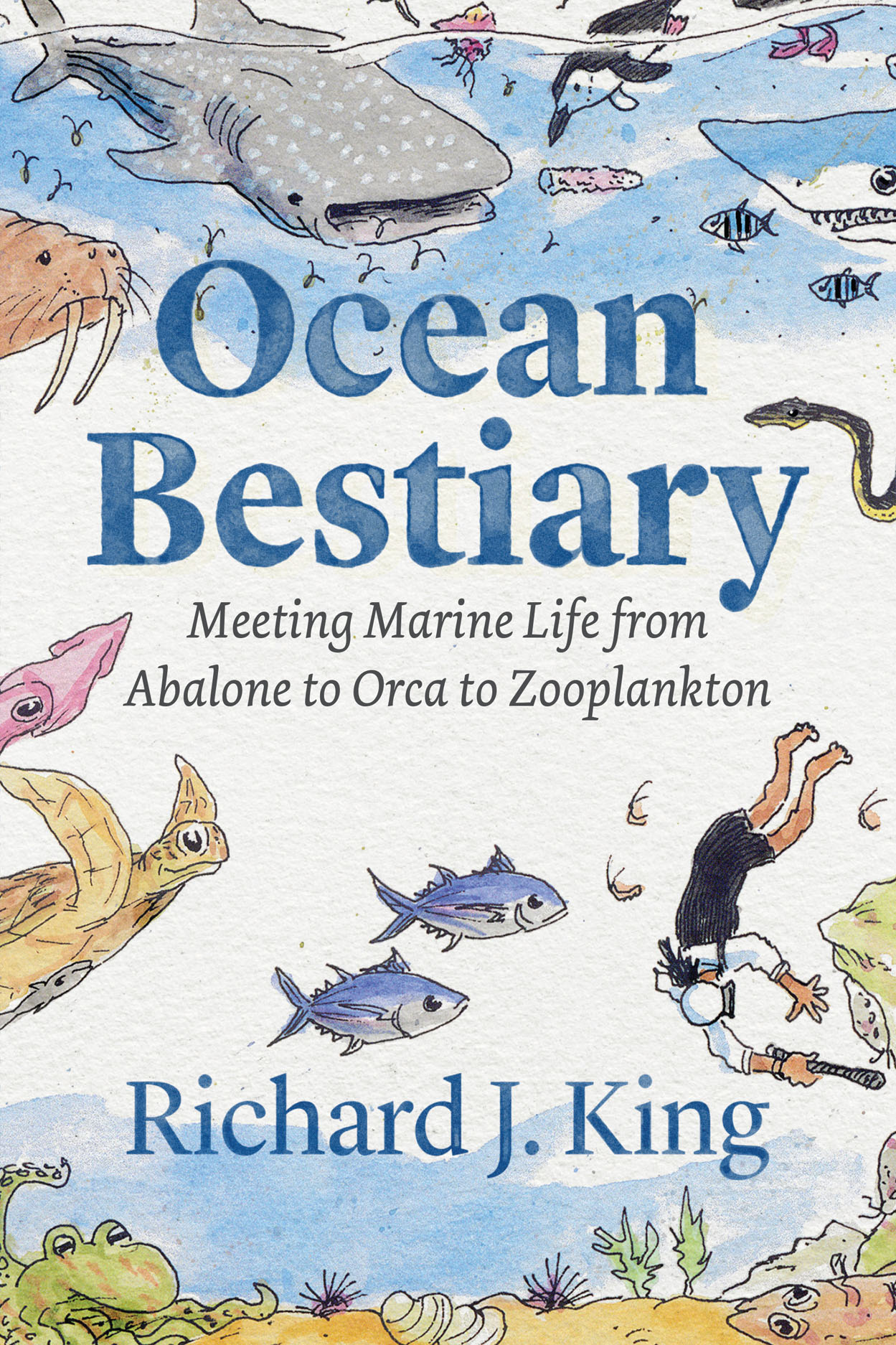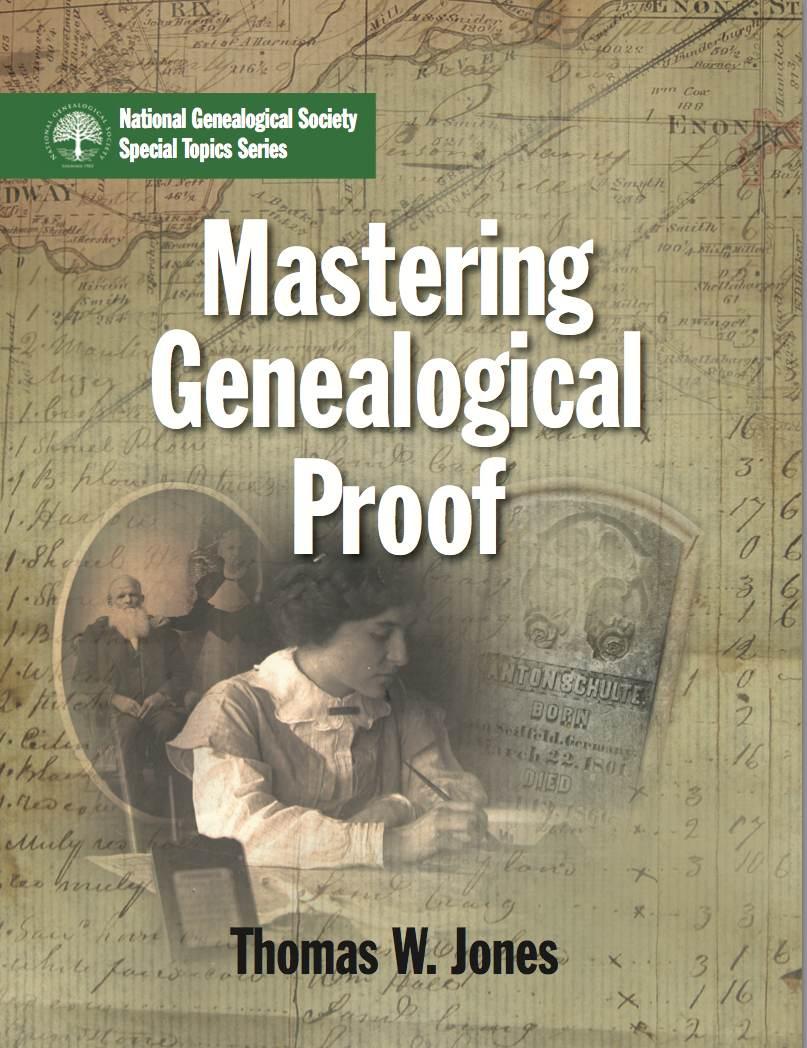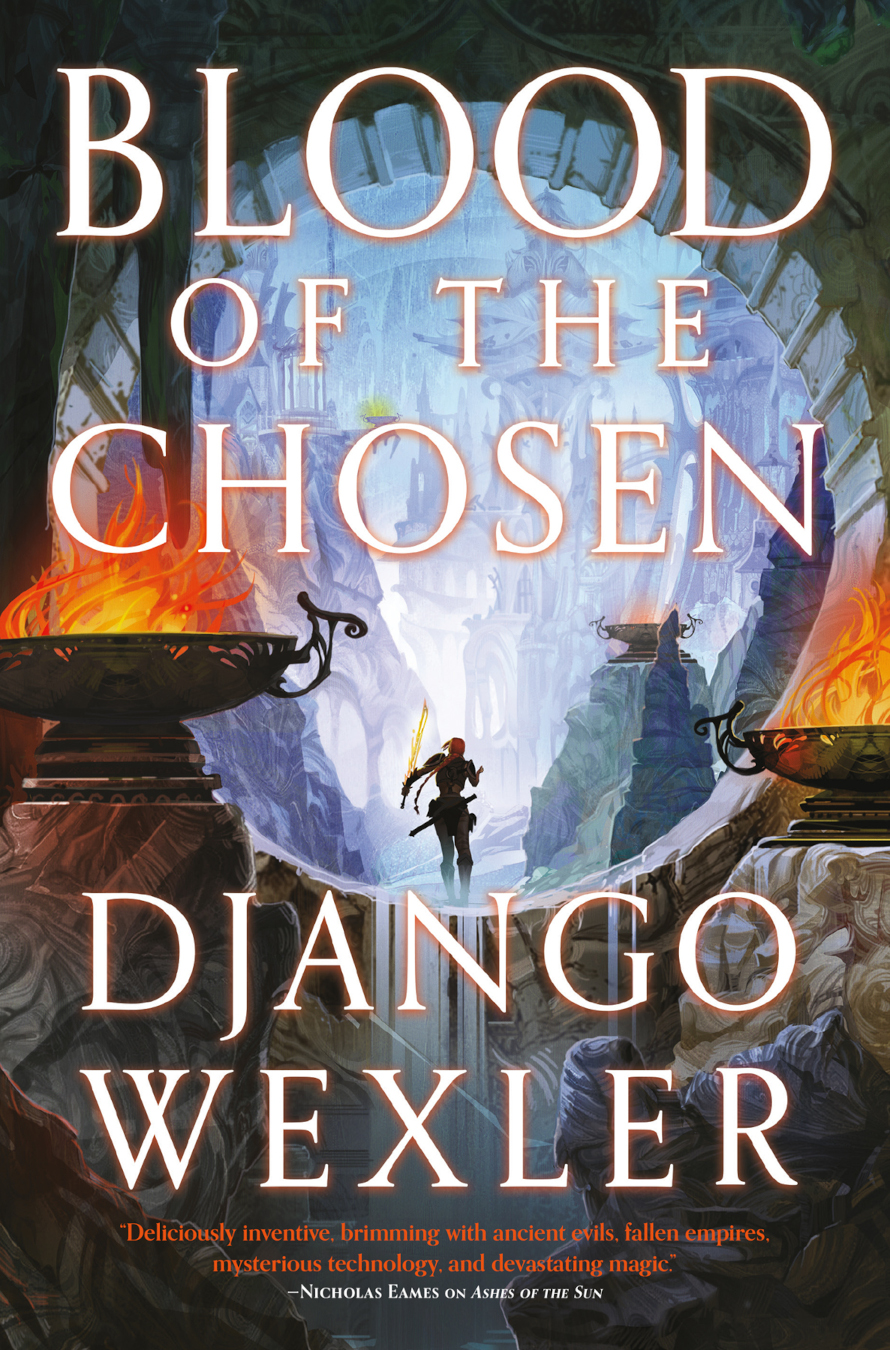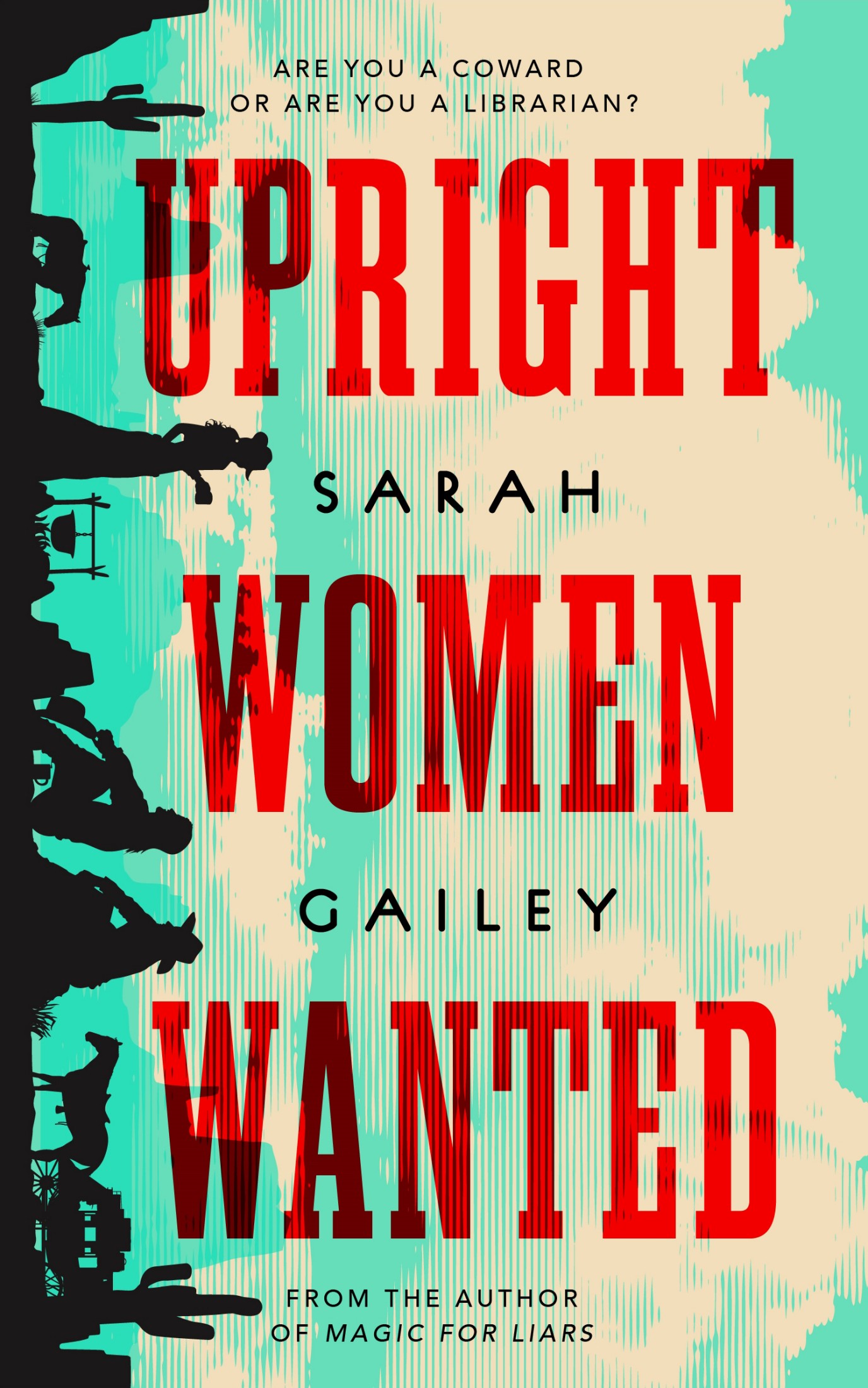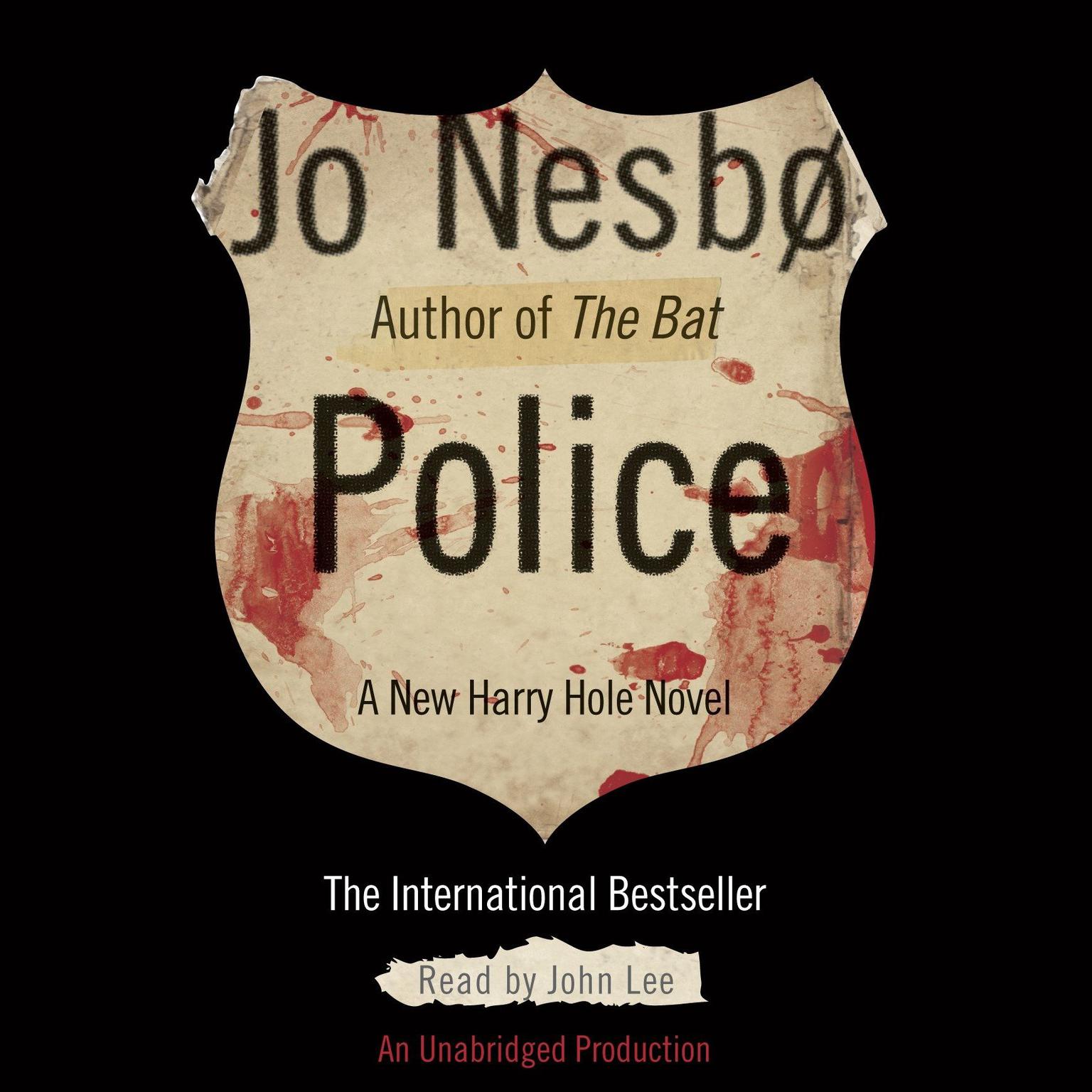through chapter 7, which covered the Chinese experience in WW2, a brief overview of the life of Mei Ruao (who became China's judge at the war crimes court), and the views of the Nationalists and Communists toward war crimes tribunals.
User Profile
I have moved my Bookwyrming to @kingrat@sfba.club
This link opens in a pop-up window
Phil in SF's books
User Activity
RSS feed Back
Phil in SF commented on Judgment at Tokyo by Gary J. Bass
through chapter 7, which covered the Chinese experience in WW2, a brief overview of the life of Mei Ruao (who became China's judge at the war crimes court), and the views of the Nationalists and Communists toward war crimes tribunals.
Phil in SF quoted Judgment at Tokyo by Gary J. Bass
Mao's underlings rebuked the Nationalists for moving too slowly to arrest and prosecute war criminals, accusing them of truckling to the Japanese.
— Judgment at Tokyo by Gary J. Bass (Page 500)
new word: truckling
submit or behave obsequiously
Phil in SF quoted Judgment at Tokyo by Gary J. Bass
He had been born at the center of power in Japan: his father had been the grand chamberlain to the future. Taisho Emperor and his childhood friends included such swells as Prince Konoe Fumimaro, who grew up to become prime Minister.
— Judgment at Tokyo by Gary J. Bass (Page 369)
new word: swells
(informal) a fashionable or stylish person of wealth or high social position
Phil in SF quoted Judgment at Tokyo by Gary J. Bass
it is no surprise that under the rules of war promoted by the United States, the outlawry of aerial bombardment of cities was conspicuously absent.
— Judgment at Tokyo by Gary J. Bass (Page 109)
Phil in SF commented on Judgment at Tokyo by Gary J. Bass
From the introduction, it's very clear that Gary Bass is not going to spare anyone. He doesn't spare Japan for failing to engage with their own imperialism while being very explicit that much of the court was conducted by European colonial powers because it was their colonies that suffered, not them. The Soviet Union was killing a quarter million Japanese in Manchuria even as the trials went on. and that the United States has faced no serious repercussions for targeting civilians during the war (which is perhaps understandable) or since (which is much less understandable if there is truly to be a law of war).
From the introduction, it's very clear that Gary Bass is not going to spare anyone. He doesn't spare Japan for failing to engage with their own imperialism while being very explicit that much of the court was conducted by European colonial powers because it was their colonies that suffered, not them. The Soviet Union was killing a quarter million Japanese in Manchuria even as the trials went on. and that the United States has faced no serious repercussions for targeting civilians during the war (which is perhaps understandable) or since (which is much less understandable if there is truly to be a law of war).
Phil in SF rated Persons Unknown: 4 stars
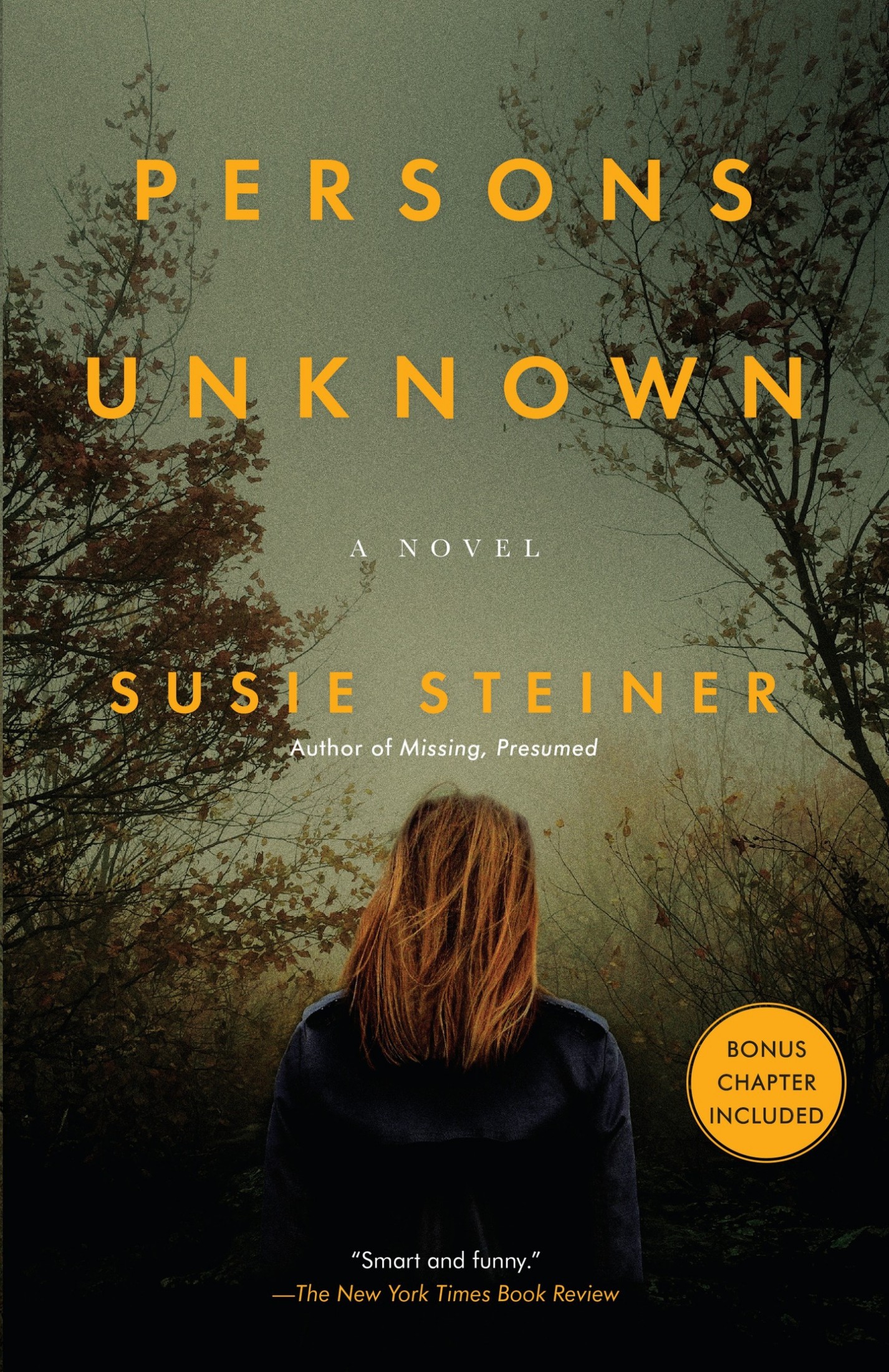
Persons Unknown by Susie Steiner (Manon Bradshaw, #2)
Phil in SF quoted Persons Unknown by Susie Steiner (Manon Bradshaw, #2)
Davy felt beaten about the head by all the swagger, marinated in alcopops, which seemed to stand in for masculinity.
— Persons Unknown by Susie Steiner (Manon Bradshaw, #2) (Page 646)
new word: alcopops
British (informal) a ready mixed drink that resembles a soft drink but contains alcohol
Phil in SF wants to read Ocean Bestiary by Richard J. King
Phil in SF quoted Persons Unknown by Susie Steiner (Manon Bradshaw, #2)
You could put an awful lot of feet wrong before you were sacked from the police.
— Persons Unknown by Susie Steiner (Manon Bradshaw, #2) (Page 181)
Quoted without comment.
Phil in SF quoted Persons Unknown by Susie Steiner (Manon Bradshaw, #2)
I could go, tonight, get a bag of stuff, if you don't mind me kipping in your box room for a while?
— Persons Unknown by Susie Steiner (Manon Bradshaw, #2) (Page 113)
new word: kipping
British: a sleep or nap
Phil in SF quoted Persons Unknown by Susie Steiner (Manon Bradshaw, #2)
No offense to Goths, but they're quite often minging.
— Persons Unknown by Susie Steiner (Manon Bradshaw, #2) (Page 104)
new word: minging
very bad or unpleasant: perhaps from the Scots dialect ming 'excrement'
new word: minging
very bad or unpleasant: perhaps from the Scots dialect ming 'excrement'
Phil in SF quoted Persons Unknown by Susie Steiner (Manon Bradshaw, #2)
Her eyes were fluttering, black kohl pencil against porcelain skin, and she must have spotted the few remaining stragglers getting their mobiles out to call 999 because she shook her head saying, "No, no. I'm okay. I'll get up in a minute."
— Persons Unknown by Susie Steiner (Manon Bradshaw, #2) (Page 90)
new word: kohl
a black powder, usually antimony sulfide or lead sulfide, used as eye makeup, especially in eastern countries.
Phil in SF started reading Persons Unknown by Susie Steiner (Manon Bradshaw, #2)

Persons Unknown by Susie Steiner (Manon Bradshaw, #2)
Phil in SF reviewed The Deep Sky by Yume Kitasei
Competent teams vs teams of competent individuals
3 stars
The Deep Sky is the story of a crew of late teen/early 20s women (mostly) who make up the crew of the first interstellar spaceship. Their goal is to establish a colony on a planet orbiting another star, hence why everyone has to be capable of bearing children. There's mention of one trans dude and a couple of possibly non-binary folk, but by and large the crew is female. The story alternates between episodes on board and flashbacks to crew member Asuka's time on Earth with her family and in the ultra-competitive institute that is both training and selecting crew members.
When the story begins, Asuka and her friend Kate are about to go on a spacewalk to investigate an anomaly on the exterior of the ship. They decide to race, and Kate reaches the anomaly first and thus is the person who dies when the bomb goes off.
…The Deep Sky is the story of a crew of late teen/early 20s women (mostly) who make up the crew of the first interstellar spaceship. Their goal is to establish a colony on a planet orbiting another star, hence why everyone has to be capable of bearing children. There's mention of one trans dude and a couple of possibly non-binary folk, but by and large the crew is female. The story alternates between episodes on board and flashbacks to crew member Asuka's time on Earth with her family and in the ultra-competitive institute that is both training and selecting crew members.
When the story begins, Asuka and her friend Kate are about to go on a spacewalk to investigate an anomaly on the exterior of the ship. They decide to race, and Kate reaches the anomaly first and thus is the person who dies when the bomb goes off.
Despite being told these are highly competent people, the crew never feels like a crew trained to work together. They neglect their duties. They let personal animosities not only interfere, but drive them. To do anything at scale, you need a competent team, not just a set of competent individuals. The book seems to miss that.
To be fair, the entire sabotage plot wouldn't work like it does if this was a competent team. It'd be a very different book.
All that aside, at about halfway through the plot became less navel-gazy and I was finally able to suspend disbelief well enough to read through to the end. When something is actually happening, such as Asuka finally doing some investigation or the saboteur stepping up attacks some of the flaws can be ignored.

